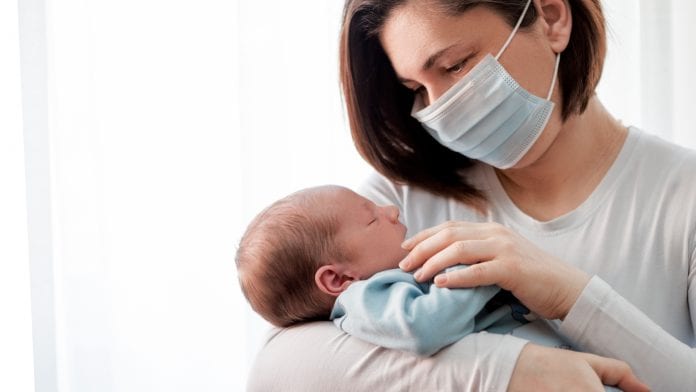
According to the World Health Organization, COVID-19 could reverse the major progress that has been made toward eliminating preventable child deaths.
The number of deaths of children under the age of five dropped to an all-time recorded low of 5.2 million in 2019, from 12.5 million in 1990, according to new mortality estimates released by UNICEF, the World Health Organization (WHO), the Population Division of the United Nations Department of Economic and Social Affairs, and the World Bank Group. However, disruptions in child and maternal health services due to the COVID-19 pandemic are putting millions of additional lives at stake.
Henrietta Fore, UNICEF Executive Director, said: “The global community has come too far towards eliminating preventable child deaths to allow the COVID-19 pandemic to stop us in our tracks. When children are denied access to health services because the system is overrun, and when women are afraid to give birth at the hospital for fear of infection, they, too, may become casualties of COVID-19. Without urgent investments to re-start disrupted health systems and services, millions of children under five, especially newborns, could die.”
Child health services
Countries across the world are currently experiencing disruptions in child and maternal health services, such as health checkups, vaccinations, and prenatal and post-natal care, due to resource constraints and a general uneasiness with using health services due to a fear of getting COVID-19.
A UNICEF survey conducted over the summer across 77 countries found that almost 68% reported at least some disruption in health checks for children and immunisation services. In addition, 63% of countries reported disruptions in antenatal checkups and 59%in post-natal care. Further, a recent WHO survey based on responses from 105 countries revealed that 52% of countries reported disruptions in health services for sick children and 51% in services for management of malnutrition.
Dr Tedros Adhanom Ghebreyesus, WHO Director-General, commented: “The fact that today more children live to see their first birthday than any time in history is a true mark of what can be achieved when the world puts health and well-being at the centre of our response..
“Now, we must not let the COVID-19 pandemic turn back remarkable progress for our children and future generations. Rather, it is time to use what we know works to save lives, and keep investing in stronger, resilient health systems.”
Risks for newborns
In 2019, a newborn baby died every 13 seconds. Moreover, 47% of all deaths under five occurred in the neonatal period, up from 40% in 1990.
The surveys indicate that with severe disruptions in essential health services, newborn babies could be at much higher risk of dying.
In May, initial modelling by Johns Hopkins University showed that almost 6,000 additional children could die per day due to disruptions due to COVID-19. These reports and surveys highlight the need for urgent action to restore and improve childbirth services and antenatal and postnatal care for mothers and babies, including having skilled health workers to care for them at birth.
Muhammad Ali Pate, Global Director for Health, Nutrition and Population at the World Bank, concluded: “The COVID-19 pandemic has put years of global progress to end preventable child deaths in serious jeopardy. It is essential to protect life-saving services which have been key to reducing child mortality. We will continue to work with governments and partners to reinforce healthcare systems to ensure mothers and children get the services they need.”









